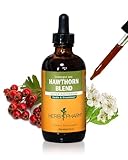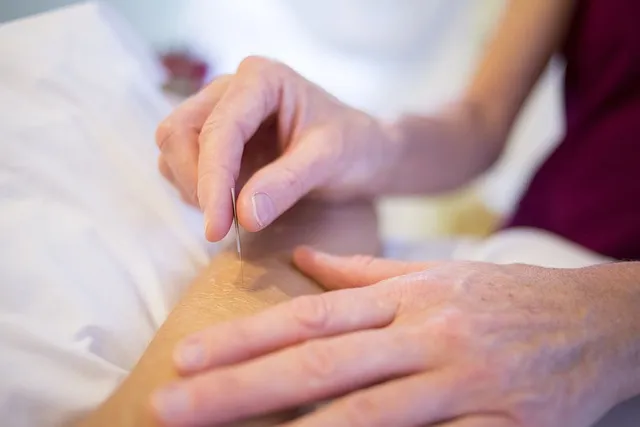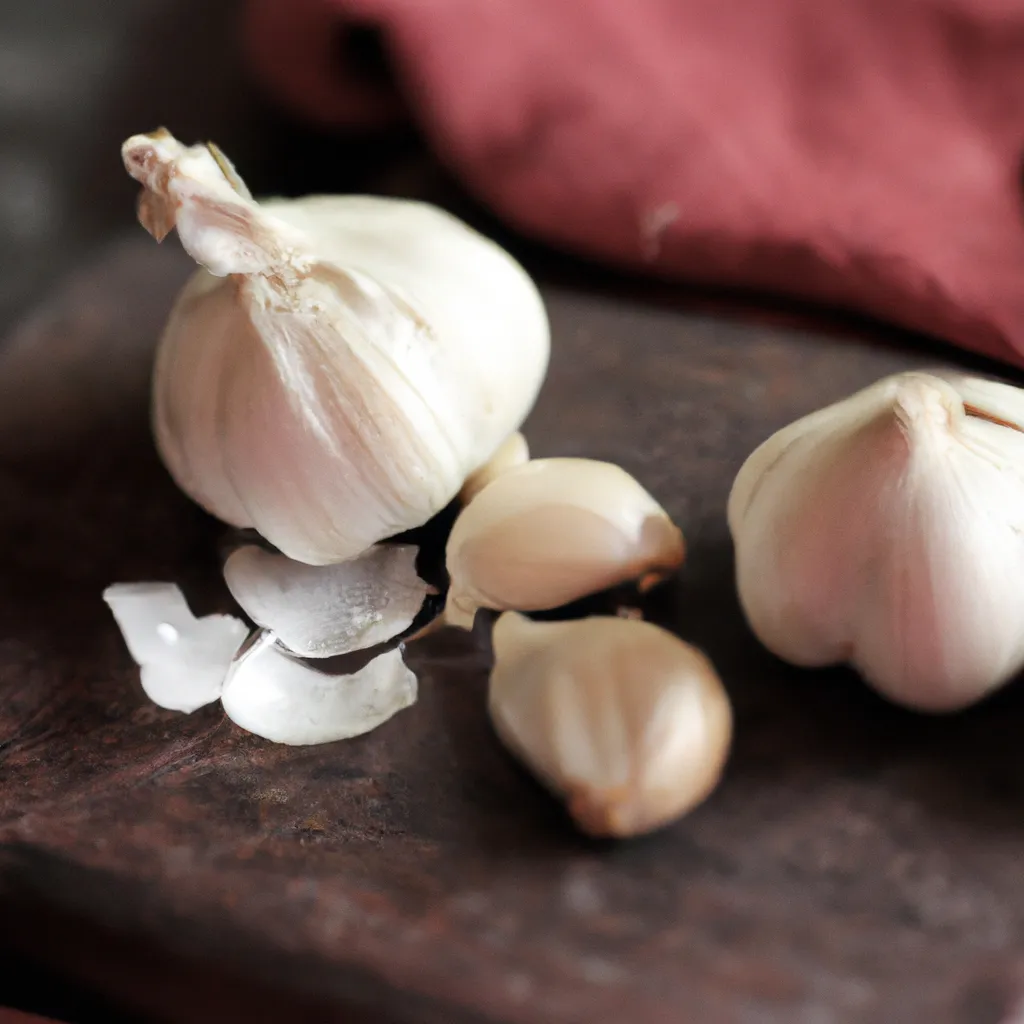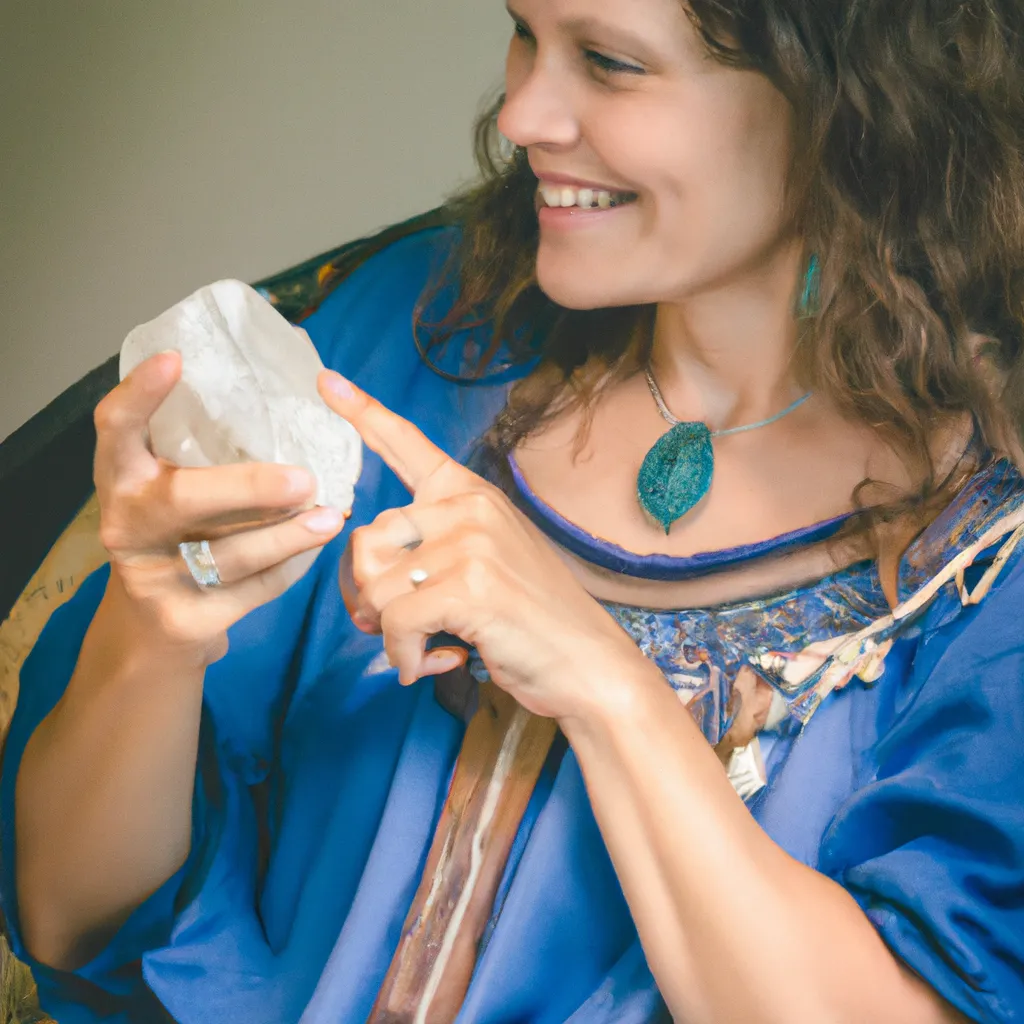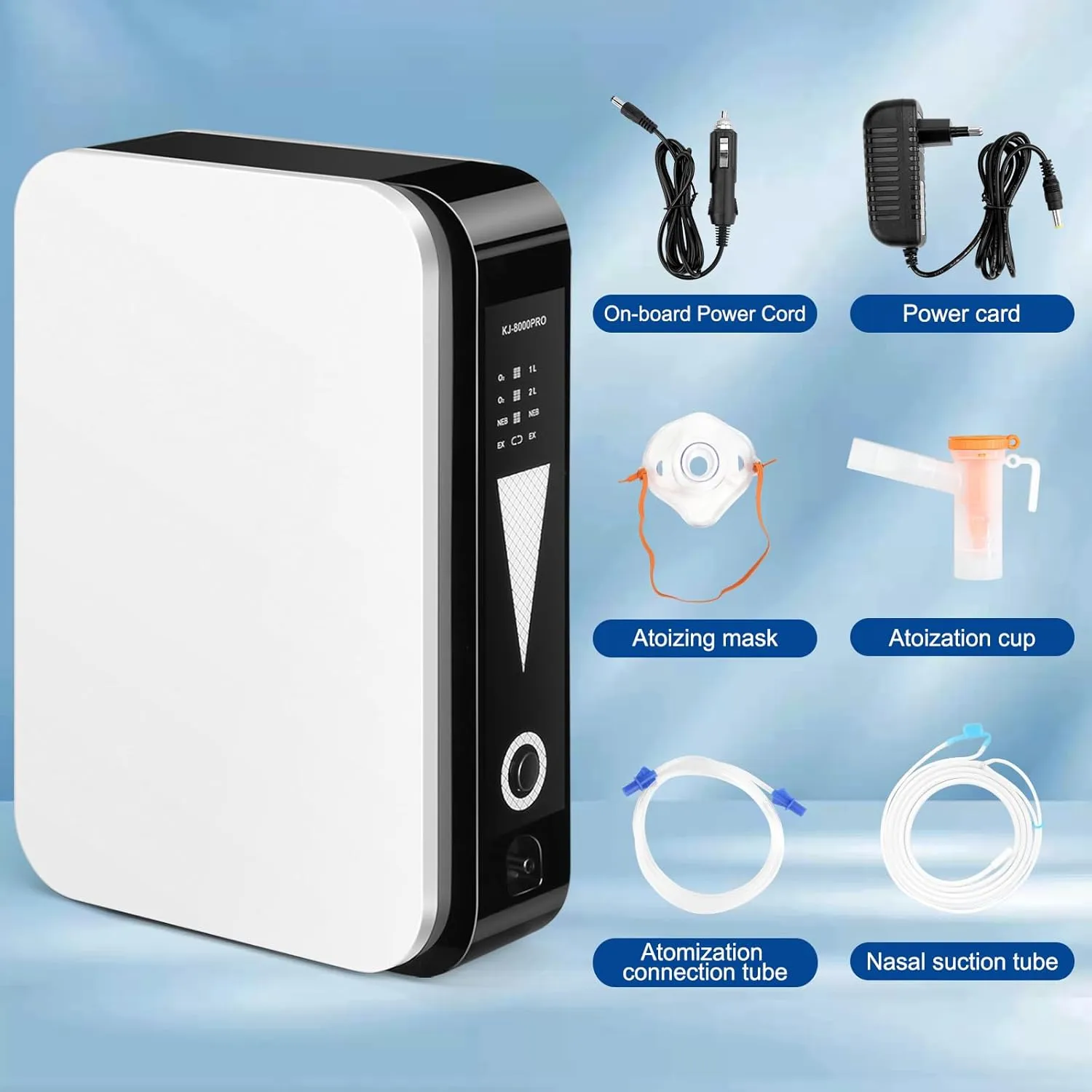Ancient Wisdom, Modern Healing: Unlocking the Secrets of Plant Medicine
Key Points
- Plant medicine involves using plants for therapeutic purposes, drawing on both traditional herbalism and modern scientific research to promote natural health and wellness.
- These common plants have a long history of medicinal properties. By scientifically studying their biochemical mechanisms, we can gain a deeper understanding of and promote their health benefits, extending beyond cultural traditions.
- By melding ancient herbal knowledge with modern healthcare practices, we can forge more effective and holistic approaches to wellness. This powerful combination is rooted in both time-honored wisdom and the latest scientific advancements.
- Personalized approaches help to make the use of herbal remedies safer and more effective. They are based on the principle of consultation with qualified practitioners and careful attention to individual needs.
- Prioritizing ethical sourcing and sustainable practices is crucial to preserving medicinal plant species and protecting the environment for future generations.
- Staying current with new research and respecting traditional knowledge will deepen your connection to this medicine. Building a personal relationship to plants is just the start of creating community connections with plant medicine!
- Expertly extracted to support energy and vitality
- Prepared from the dry whole root of Certified Organic Ashwagandha (Withania somnifera) plants
- Rapidly absorbed liquid extract
- Gluten-free and Vegan
- Herb potency assured through High Performance Thin Layer Chromatography (HPTLC) analysis
Last update on 2025-11-01 / Affiliate links / Images from Amazon Product Advertising API
As a supplement, Plant medicine is the practice of healing with herbs, roots, leaves, and other plant derivatives.
Millions of people around the globe reach for plant medicine to address the same everyday issues — stress, sleeplessness, and pain.
Many of us seek out plant allies such as chamomile for relaxation, ginger for digestive discomfort, or turmeric for inflammation.
In modern day, many other individuals combine plant medicine into their everyday lives, whether it’s herbal teas, oils, capsules, or tinctures.
With ready access to retail and e-commerce markets, greater diversity is suddenly within reach.
Ongoing studies are continually re-evaluating the safety and efficacy of these natural alternatives.
In the following sections, learn more about how plant medicine has a place in health plans. Learn what the research has found and read our tips for safe use!
What Exactly Is Plant Medicine?

Plant medicine is the practice of using plants to achieve health, healing, or wellness. This approach is heavily inspired by the principles of herbalism, ethnomedicine, and even psychedelic therapy.
Throughout the world, people have long sought out plants to heal illnesses and promote wellness.
Today, well over a quarter of all prescribed drugs trace their origins back to plants. The industry continues to expand rapidly, as an increasing number of Americans seek natural alternatives.
It’s important to understand that not all plant medicines have been rigorously tested for safety or effects.
1. More Than Just Greenery
Plants are more than just beautification or food. Many have been shown to contain compounds that reduce pain, combat infection, or help the body in other ways. Aloe vera is known to calm burns and sunburns.
Chamomile helps calm the nerves.
We know that ginger is really effective for nausea.
People get turned off because they think plant medicine isn’t as powerful as the drugs that they’re used to. Most medicines, including aspirin (from willow bark), were once plant medicines!
Plant medicine is a complex science with a rich and deep history.
2. A Living Pharmacy Tradition
For millennia, cultures around the globe have utilized indigenous flora within their health rituals and remedies.
Indigenous knowledge has shaped modern herbal therapies and keeps this wisdom alive.
Ethnobotanists — scientists who study the relationship between people and plants — work to save and grow these traditions.
This knowledge is too valuable to lose, as it contains the keys to innumerable new treatments.
3. Connecting with Plant Spirit
Plant medicine isn’t just physical, it’s spiritual, too. Most cultures and traditions recognize that plants have a spirit or energy.
Practices such as meditation or ritual allow individuals to connect more deeply with plants and enhance their healing.
For individuals who appreciate the relationship between nature and health, this connection can be spiritual.
4. How Nature’s Remedies Work
Plants function via active chemicals known as phytochemicals. These are examples of curcumin in turmeric, resveratrol in grapes, and EGCG in green tea. Roots, leaves, bark, or flowers may each have unique healing properties.
These chemicals are thought to calm inflammation or boost the immune response. Active investigations are demonstrating how these effects can be utilized to treat diseases.
5. Ethnobotany: Wisdom of Ages
Ethnobotany, the study of how cultures use plants as medicines, allows us to glean the wisdom of our ancestors. It plays a crucial role in discovering new treatments by applying lessons learned from traditional practices.
This field, though, requires a new approach to observing the plants around you and the respect for cultural knowledge that should come with it.
Ancient Roots, Modern Insights

Plant medicine is bridging the ancient wisdom of these times with modern-day scientific research. Many ancient cultures understood the importance of plants as keys to healing and understanding the self on a deeper level.
Their practices, documented in ancient manuscripts, inform modern herbal research and contemporary health movements.
Today, people around the world are turning to herbal medicine to enrich everyday life, combining ancient wisdom with modern science to improve health naturally.
From Ritual to Research
Ancient practices that incorporated plants to heal the spirit and body. In the fourth century BC, Scythians burned cannabis in rituals, and Chinese dynasties revered tea for its medicinal properties.
These traditions are helping to inform research methods today.
Stories of chamomile calming the tummy inspired clinical trials. These studies were instrumental in confirming the botanical’s effectiveness for both anxiety and stomach pain.
That transition from narrative to standardized exam is a perfect illustration of how science grows from its historical roots.
This shift challenges us to look at plants beyond their mythological interpretation.
- Supports of healthy liver and gallbladder function
- Expertly formulated with Milk Thistle, Dandelion and other rapidly absorbed liquid herb extracts
- Gluten-free and non-GMO
- Each herb individually extracted to ensure a broad spectrum of therapeutic plant compounds
- Herb potency assured through High Performance Thin Layer Chromatography (HPTLC) analysis
Last update on 2025-11-01 / Affiliate links / Images from Amazon Product Advertising API
Science Uncovers Plant Secrets
What was once nothing more than an old wives’ tale can now be tested in modern labs.
Research into psychedelics such as psilocybin and LSD has demonstrated these substances’ capacity to modulate brain networks and provide relief from depression and anxiety.
Pharmacognosy, the study of drugs from plants, has repeatedly uncovered active compounds in ancient remedies.
Take, for example, tea and chamomile—both plants are well-documented for their health benefits.
As research advances, public education is crucial in ensuring that more people can safely and responsibly benefit from plant medicine.
Old Ways Guide New Paths
Old herbal tricks spark new wellness trends. Ancient cures are being repurposed to combat modern stress and health demands.
The trick is to respect historic uses and the past in general, while experimenting with new applications.
Free conversations between herbalists and medical professionals lead to more informed and safer treatments.
Integrating Wisdom for Wellness
Bridging plant medicine with conventional care promotes health in the body and beyond.
Together, herbalists and health practitioners combine ancient and contemporary.
This collaboration has yielded innovative models that combine traditional herbal preparations with contemporary pharmaceutical drugs, allowing them to work synergistically to enhance health outcomes.
Practical Plant Healing Today
Plant medicine isn’t just history, though. It has the potential to redefine our everyday wellness practices on a global scale.
Herbal teas make their way into our kitchens and tinctures onto our bedside tables.
Plants are emerging as powerful, trusted allies to support natural healing.
Their usage crosses cultures, histories, and belief systems, stretching from millennia-old Ayurveda and Buddhist traditions to contemporary metropolitan homes.
As consumers become increasingly aware of holistic options, the demand for high-quality herbs and plant-based remedies continues to grow.
The importance of sourcing only the most potent herbs that are harvested from strong, clean soils and are harvested with great care.
With just a little bit of care taken in planning your plant selection, you can often turn the course of your successful plant healing efforts.
Preparing Your Plant Allies
Creating herbal remedies in your kitchen begins with having the right plant. Regardless of whether you use dry or fresh, quality is key—so inspect all products carefully!
To make an infusion, steep herbs such as chamomile or peppermint in boiling water for 10 minutes. For roots or barks such as willow, a decoction is produced by simmering the plant material in water.
Store your dried herbs in airtight glass jars in a dark, cool place.
Experiment with new herbs in small batches and take notes on what you find works best for your unique needs.
In this way, you develop a personalized healing toolkit tailored to your specific needs.
Popular Herbs You Know
- Turmeric: Fights inflammation, aids joints.
- Lavender: Calms nerves, helps sleep.
- Chamomile: Soothes digestion and stress.
- Willow bark: Natural pain relief.
- Peppermint: Eases headaches, freshens breath.
These herbal supplements can be easily integrated into teas, foods, or tinctures.
Best of all, most are readily available at your local grocery store or farmer’s market, making them simple to incorporate into your daily routine.
Understanding Herbal Supplements
Herbal supplements are concentrated plant extracts. They’re powerful allies in supporting our wellness, but they work quite differently from pharmaceuticals.
It’s an unfortunate misconception, as herbs are very effective when used at the appropriate dose and with high quality.
Read labels carefully, and when you’re unsure, consult with an expert.
Look for products with transparent sourcing and dosage information.
Personalized Plant Approaches
This is because everyone’s constitution is different.
While we’ve provided a good overview here, working with a trained herbalist can help you further personalize your approach.
Take special note of which herbs seem to help, and pay attention to any changes. Some blends, known as herbal synergies, can intensify one another’s effects.
Navigating Plant Medicine Safely

Plant medicine has deep roots in human history, with people worldwide using herbs to treat illness and boost well-being.
For millions, particularly in rural areas, those plants are not only a complementary source of care, but the primary one.
Safely utilizing herbs goes beyond taking the supplement. So, it’s crucial to understand the risks and verify product quality.
Please discuss with your healthcare professionals, particularly as many of our prescription medications are derived directly from traditional plant medicines (for example, aspirin is derived from willow bark).
Know Potential Plant Risks
Even naturally derived herbal products can pose risks.
There are certain herbs, such as kava and ephedra, for which severe side effects or even death can occur when misused. Some can cause allergic reactions, while others can interact with your medicines.
Look for warnings on combining herbs with your existing medications.
Signs of adverse reactions may range from mild to severe.
These can include mild reactions such as rashes and stomach upset to severe reactions, including liver damage or respiratory distress.
When in doubt, if you are in any way feeling unwell after you have used a new plant medicine, stop and seek medical attention.
Spotting Quality Herbal Products
When selecting herbal products, look for clear labels that include the names of the plants and their dosages.
Additionally, check for expiry dates and batch numbers. Trusted brands with good reviews are also important indicators of quality.
Third-party lab tests or certifications can provide further assurance.
These products, which have been tested for purity and strength, are more likely to be safe. The more transparent a company is with its ingredient sourcing, the better.
Drug Interactions: Be Aware
If you mix the wrong herb with prescription drugs, it can alter how your body responds to them, as well as the herbs.
For instance, St. John’s Wort can reduce the efficacy of birth control pills or antidepressants.
Never stop taking your prescribed medications without your doctor’s knowledge and agreement.
- Liquid herbal extract supports healthy brain function, memory, and concentration*
- Easily absorbed liquid engages taste and smell to help body recognize & use herbs ingested. Not hidden in a capsule from the pre-digestive senses
- Extracted in small batches with certified organic cane alcohol for potency and to maintain balance of phytochemicals as they exist in the plant
- Vegan, non-GMO, & gluten-free. Herb identity assured via HPTLC fingerprinting and other methods specific to each herb
- This statement has not been evaluated by the FDA. This product is not intended to diagnose, treat, cure, or prevent any disease
Last update on 2025-11-01 / Affiliate links / Images from Amazon Product Advertising API
Special Care for Populations
Children, the elderly, pregnant individuals, and people nursing may require special considerations.
Herbs may have a more substantial effect on their bodies.
Always seek guidance from a physician specialized in plant medicine for these populations.
Ethical Sourcing Matters
Ethical sourcing ensures that wild plant populations are not overharvested, thereby preserving their long-term sustainability.
Seek out certifications that guarantee eco-friendly cultivation and equitable trade.
Advocating for fair and sustainable practices helps protect access to plant medicine for everyone.
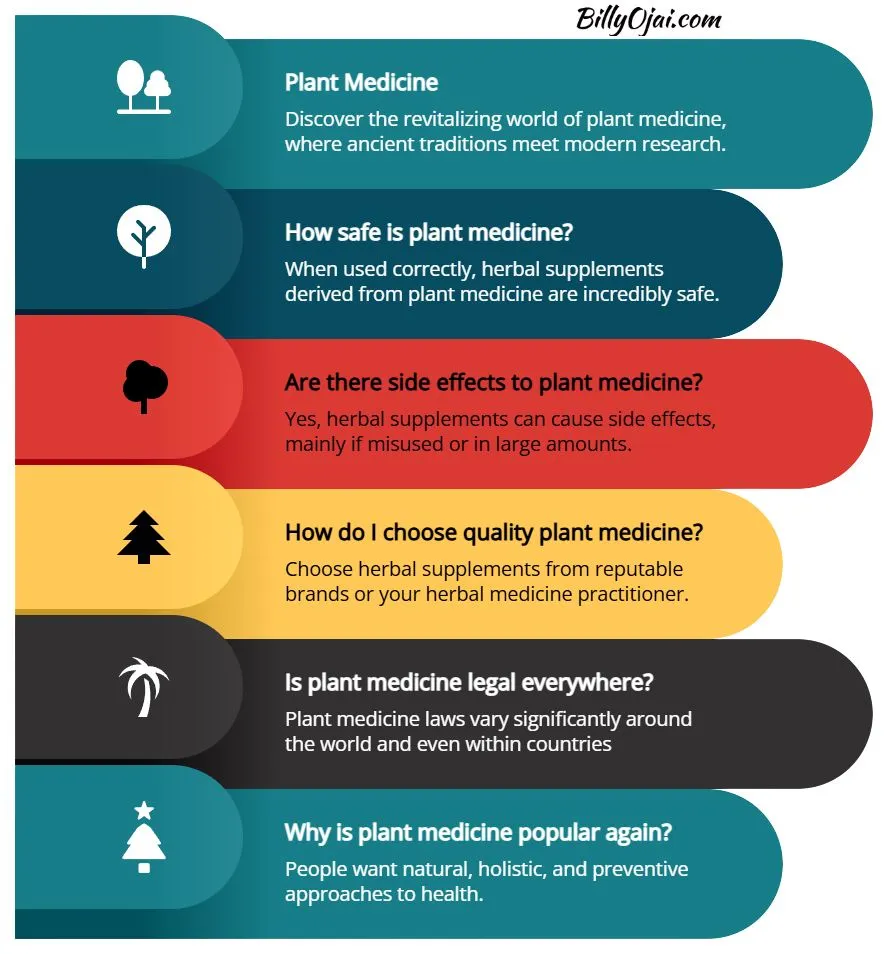
The Future of Green Healing
This movement is evolving very quickly, with the intersection of ancestral wisdom and emerging science leading the way.
An increasing number of Americans are seeking natural alternatives to healing, from the most remote rural areas to our most significant urban centers.
Today, sophisticated commercial laboratories are conducting advanced tests on botanicals; however, consumers worldwide are increasingly demanding safe, environmentally sustainable, and plant-based products.
Other countries are beginning to draft legislation to inform the integration of plant medicine alongside conventional health care.
It’s a space where old traditions are coming together with new technology.
To address these issues, we need to maintain rigorous standards, safeguard centuries-old indigenous knowledge, and ensure the sustainable use of plants.
New Research Frontiers
Recent years have seen an increase in lab trials involving plant medicine.
Research today focuses on how these herbs can be used to treat cancer and combat infection.
Take, for instance, the research taking place on turmeric and cannabis, which recently demonstrated how common plants can be the basis for new drugs.
These technologies require rigorous testing to ensure safety and genuine impact.
Just imagine that, as scientists better understand the active compounds in herbal products, innovative applications might emerge in the form of a pill or topical cream.
So, it’s a good idea to watch leading medical journals or reputable health websites for news about them.
Sustainable Plant Futures
There’s an exciting moment happening right now with an increased demand for greener options in the herbal industry.
Today, coalitions monitor at-risk flora and establish seed repositories to ensure their survival.
Community gardens cultivate herbs within urban environments while educating people on how to grow these plants sustainably.
Supporters of all kinds can get involved by developing their knowledge of local herbs or participating in community garden initiatives.
This helps preserve plant medicine for future generations.
Protecting Ancient Knowledge
Traditions of herbal wisdom are in danger of dying out as elders leave this earth.
Global change is constantly trying to sweep native healing practices under the rug.
Committing these stories to paper or sharing them with educational institutions goes a long way toward preserving this wisdom.
Nationally, schools and workshops are poised to train the next generation of healers.
Tech Meets Tradition
Today, apps help users identify herbs and verify safe doses.
It’s relatively simple to figure out what each plant does thanks to extensive lists online.
Using this new technology to produce superior herbal pills or teas, clearly labeled and regulated.
With these tech tools, herbal learning becomes easy and safe.
Why Plants Speak to Me

Plants have been a massive part of my journey as well.
Everyone experiences a tug at their heart towards nature, and that desire can run a lot deeper than simply appreciating the aesthetics of our green spaces.
As the adage goes, plants speak to all who will listen.
This openness to connection is usually felt when we take our time, observe specifics, and allow ourselves to be receptive.
As I began to work with the plant medicine, I found that stillness with the plants opened the floodgates to memories.
Each one of those moments hit you in the gut.
This isn’t all just nostalgia—it’s like the plants were calling to me, begging to be seen and heard.
- Liquid herbal extract to support the body’s cleansing and detoxification process*
- Easily absorbed liquid engages taste and smell to help body recognize & use herbs ingested. Not hidden in a capsule from the pre-digestive senses
- Prepared from Certified Organic fresh root, leaf and flower of Taraxacum officinale plants grown on our own southern Oregon farms.
- Vegan, non-GMO, & gluten-free. Herb identity assured via HPTLC fingerprinting and other methods specific to each herb
- This statement has not been evaluated by the FDA. This product is not intended to diagnose, treat, cure, or prevent any disease
Last update on 2025-11-01 / Affiliate links / Images from Amazon Product Advertising API
My Green Connection
I recall sitting next to a chamomile bush on a harrowing day and feeling an unexpected sense of peace come over me.
Sometimes it felt as though the plant was soothing me without language.
Through time, herbs like lavender and peppermint have taught me powerful lessons.
Each herb has its own rhythm and unique way of providing help!
Choosing the right plant usually requires intuition as much as study. In my experience, following that faint whisper has resulted in the best first aid.
So, I encourage everyone to do the same: spend time with a plant and ask how it’s doing.
Pay attention to whatever arises—it could be a memory, an emotion, or simply an impression of calm.
Lessons from the Leaves
Plants don’t hurry. When I see a seed sprout, I learn that impactful change, like a new plant, requires time and nurturing.
Their perseverance is evident in their ability to adapt rather than succumb in adverse conditions.
These lessons can change the way we tackle our stress.
Simple steps—like keeping a plant on your desk or pausing to notice a tree—can help bring these lessons into your daily life.
A Deeper Understanding
There is never enough time to see everything or try something new that captivates your imagination.
This experience is a significant step in illustrating how interconnected we are with plants and the natural world around us.
When we begin sharing, celebrating, and discussing the wisdom of plants, we make the beauty and magic of it visible to everyone around us.
Our Conclusion
Plant medicine continues to thrive today despite these efforts, both through traditional and innovative means.
Whether it’s a sore muscle, a little stress, or trouble sleeping, people are looking to herbs and roots to help.
Some people use ginger tea when they have a cold, and some people crush mint leaves to treat a headache.
Researchers are charting exactly what gives each herbalist their special sauce.
Healers experiment to find out what works best and what doesn’t pose a risk.
The more studies and stories we have, the more knowledge we gain. Remember, not all plants are suitable for every person, so do your research and pay attention to your body’s needs.
To continue your education, either read reputable manuals or consult with plant professionals.
Start with modest steps, such as replacing an over-the-counter medication with a fresh chamomile pill.
Post your plant victories or lessons learned on social media to inspire your friends.
To participate in a larger conversation, stay connected to plant medicine advocacy organizations and attend workshops in your area.
Until next time, stay inquisitive, stay open.
- Promotes healthy heart and circulatory function.
- Proprietary blend of the certified organic and sustainably wildcrafted leaf, flower and berry of Crataegus spp. trees.
- Rapidly absorbed liquid extract.
- Gluten-free and non-GMO.
- Herb potency assured through High Performance Thin Layer Chromatography (HPTLC) analysis.
Last update on 2025-11-01 / Affiliate links / Images from Amazon Product Advertising API
Frequently Asked Questions
What is plant medicine?
This may include utilizing medicinal herbs, herbal supplements, and natural remedies to address health conditions and improve overall wellness. These remedies are rooted in indigenous, traditional, and modern practices worldwide, greatly enhancing health, relieving ailments, and helping the body regain equilibrium.
How safe is plant medicine?
When used correctly, herbal supplements derived from plant medicine are incredibly safe. Studying different herbs is essential — that goes without saying. Be sure to follow reputable sources and speak with your healthcare provider, particularly if you’re on other prescriptions or have health issues.
Can plant medicine replace modern medicine?
Plant medicine, including various herbal supplements, can support health but should not replace modern medical care for severe conditions. It’s most effective when used in conjunction with guidance from qualified medical professionals to ensure safe and effective treatment.
Are there any side effects to plant medicine?
Yes, herbal supplements can cause side effects, mainly if misused or in large amounts. As with any new herbal medicine, it’s essential to begin with small doses and listen to your body! Always consult with a qualified healthcare provider before making any informed decisions regarding your health.
How do I choose quality plant medicine?
Choose herbal supplements manufactured by reputable brands or those suggested by your herbal medicine practitioner. Ensure proper labeling and ingredient disclosure by verifying quality certifications, and avoid products that fail to disclose their origins or active ingredients.
Is plant medicine legal everywhere?
Plant medicine laws vary significantly around the world and even within countries, particularly concerning herbal supplements and their medicinal use. Other plants are simply heavily regulated or outright banned, so consult your local laws before using any herbal medicines.
Why is plant medicine becoming popular again?
Americans want natural, holistic, and preventive approaches to health. Herbal supplements offer a fascinating blend of ancient wisdom and modern research, attracting individuals seeking gentler, greener alternatives to achieve optimal health.






